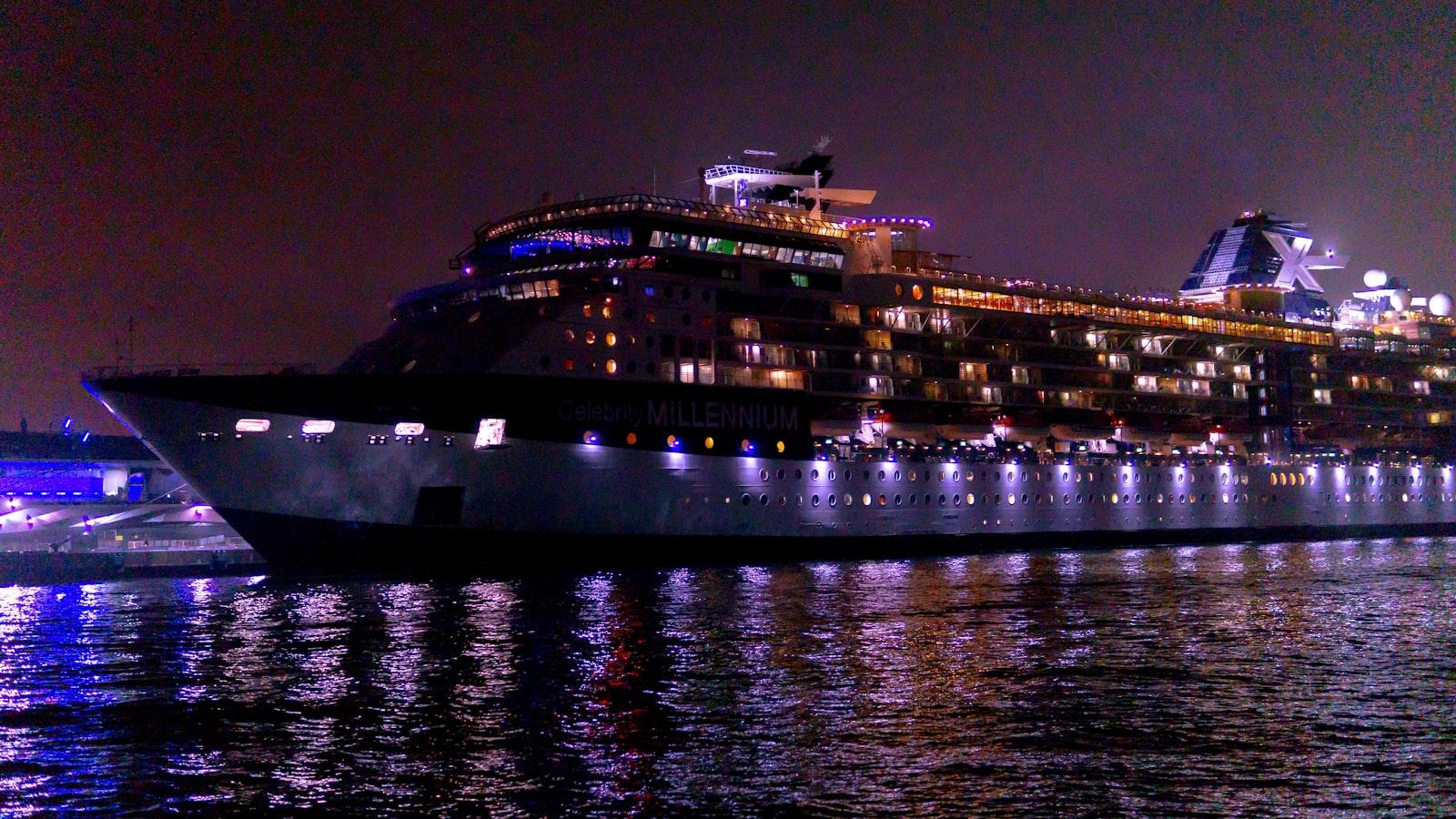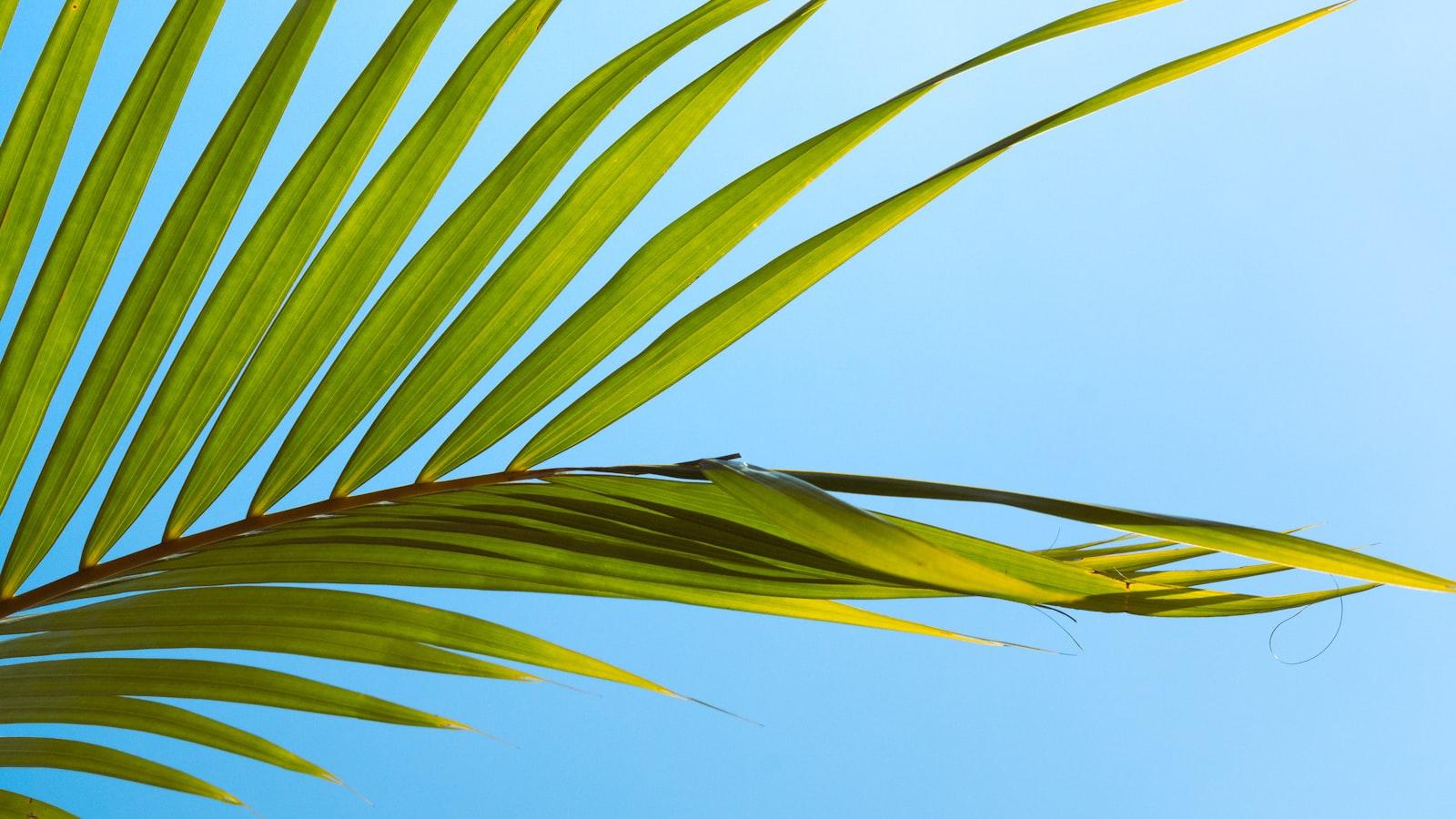In the heart of the Mediterranean, where ancient breezes whisper secrets of old civilizations and the sun bathes endless coastlines in golden light, Spain stands as an emblem of allure for travelers worldwide. Each year, millions are captivated by its vibrant festivals, exquisite gastronomy, and breathtaking landscapes, propelling the nation into the forefront of global tourism destinations. Yet, beneath the surface of this bustling tourism economy, Spain grapples with the double-edged sword of its own popularity. In an ambitious move to balance the scales between preserving its cultural and natural treasures and fostering economic growth, the Spanish government has turned to pioneering measures — specifically, the imposition of ecotaxes and the controversial cruise ship bans.
Drawing the world’s gaze, these policies have been lauded by environmentalists and concerned citizens alike as crucial steps towards sustainable tourism. However, as the sun sets on yet another tourist season, questions linger in the coastal air: Have these measures truly succeeded in mitigating the environmental impact of mass tourism, or are they but a drop in the ocean in the face of ever-increasing tourist numbers?
This article delves into the heart of Spain’s battle against the tide of mass tourism, exploring the intricate dance between economic aspirations and environmental preservation. Through a neutral lens, we’ll unravel the complexities of the ecotax initiative and cruise bans — policies set forth with the promise of sustainability but shadowed by debates on their effectiveness. As we journey through the mosaic of opinions and outcomes, the story of Spain’s endeavor to redefine the future of tourism unfolds, challenging us to ponder the true cost of paradise.
Exploring the Ripple: The Unseen Consequences of Spain’s Ecotax
Delving into the aftermath of implementing the Ecotax in Spain reveals a complex tapestry of unintended outcomes that extend far beyond its initial environmental aspirations. This levy, aimed at reducing the environmental impact of tourism, has paradoxically created ripples causing a significant shift in the behavior of both tourists and local businesses. On one hand, destinations traditionally swarmed by tourists have seen a notable decrease in foot traffic, ostensibly a win for environmental preservation. However, this dip in visits has led to an unanticipated economic strain on local businesses that were heavily reliant on tourist dollars. To compound matters, there is evidence suggesting that rather than curtailing overall tourism, the tax has merely redirected it, funneling tourists towards untaxed regions and, in doing so, inadvertently spreading the very ecological footprint it sought to contain.
Moreover, the ripple effect of the Ecotax intertwines with the repercussions of cruise bans in several Spanish ports, revealing a broader narrative about the challenges of managing mass tourism through prohibitive measures. Critics argue that these bans, while reducing congestion and pollution in specific areas, have simply pushed these issues to neighboring ports, failing to address the problem at a systemic level. The outcome has been a game of ecological whack-a-mole, with solutions in one area spawning new challenges in another. Local economies, especially those that had pivoted to cater exclusively to cruise ship traffic, face dire consequences, underscoring the need for a more holistic and inclusive approach to sustainable tourism that balances environmental goals with economic viability.
| Impact Area | Before Ecotax | After Ecotax |
|---|---|---|
| Economic | High tourism revenue | Decreased local business income |
| Environmental | High ecological strain | Reduced foot traffic in key areas |
| Behavioral | Concentrated tourism in specific regions | Spread of tourism to untaxed areas |
Steering Away from Solutions: The Challenge of Enforcing Cruise Bans
While the concept of imposing cruise bans appears straightforward on paper, the application in the bustling ports of Spain has hit choppy waters. Cities like Barcelona and Palma de Mallorca, flooded by tourists from colossal cruise ships, spearheaded the initiative with the hope of alleviating environmental impact and reducing the strain on local infrastructures. Yet, **enforcement hurdles** have quickly emerged as substantial obstacles. Several factors contribute to this enforcement quagmire—ranging from **legal challenges** mounted by powerful cruise industry lobbyists, to the **complex jurisdiction** over maritime spaces complicating the application of local bans. Furthermore, the economic allure of cruise tourism, with its substantial contributions to local economies, makes local stakeholders hesitant to fully endorse or enforce these measures.
The tale of attempting to steer away from an overwhelming influx of tourists via cruise ships is further complicated by an intricate web of international maritime laws and the economic symbiosis between cruise companies and port cities. Despite the noble intentions behind these bans, the cities grappling with overtourism face a Herculean task in balancing environmental sustainability with economic realities. Below is a comparative glance at the expected versus actual outcomes of these initiatives in selected Spanish ports.
| Port | Expected Outcome | Actual Outcome |
|---|---|---|
| Barcelona | Reduced environmental impact and less congested tourist spots. | Marginal reduction in cruise traffic with continued environmental concerns. |
| Palma de Mallorca | Lowered strain on local infrastructure and resources. | Legal challenges and partial compliance, with minimal impact on tourist numbers. |
Despite the evident challenges and mixed results, the effort to mitigate the negative impacts of cruise tourism on Spain’s coastal gems showcases a growing recognition of the need for sustainable tourism practices. The journey towards effective enforcement of cruise bans is undeniably fraught, yet it symbolizes an essential step in navigating towards a more balanced interaction between tourism and environmental preservation.
Beyond the Horizon: Crafting Effective Policies for Sustainable Tourism
In an effort to mitigate the impacts of mass tourism, Spain has embraced various strategies, including the introduction of an ecotax and the implementation of cruise ship bans in certain ports. Yet, despite these efforts, success has been elusive. The root of the problem lies in the delicate balance between promoting tourism for economic gain and ensuring the sustainability of local ecosystems and communities. The ecotax, aimed at taxing tourists to fund local environmental initiatives, has faced backlash from both businesses fearing competitive disadvantage and tourists reluctant to bear additional costs. This resistance highlights the complex challenge of enacting policies that are economically viable, socially acceptable, and environmentally beneficial.
| Measure | Objective | Challenges |
|---|---|---|
| Ecotax | Fund environmental projects | Resistance from businesses and tourists |
| Cruise Bans | Reduce overcrowding and pollution | Economic implications for local traders |
Moreover, the decision to ban cruise ships from docking at certain ports has been met with a mixed response. While envisioned to alleviate overcrowding and minimize environmental degradation, this policy has inadvertently affected local economies reliant on tourism revenue. Traders and service providers, who had previously flourished from the influx of cruise passengers, now face significant downturns. This scenario underscores a critical issue: sustainable policies must not only be environmentally focused but also economically considerate, ensuring that local communities do not bear the unintended consequences of well-meaning regulations. Balancing these interests calls for innovative, multi-faceted approaches that go beyond straightforward legislative bans or taxes.
Anchoring Success: Pathways to Genuine Change in Spain’s Tourism Model
In the quest for sustainable travel, Spain’s bold initiatives like the ecotax and restrictions on cruise ships aimed to curb the environmental impact of mass tourism. The ecotax, levied on tourists for accommodations, was envisioned to fund conservation efforts and support sustainable tourism infrastructure. Meanwhile, limits on cruise ship arrivals sought to reduce overcrowding in historic city centers and mitigate environmental degradation. Despite these well-intended measures, the anticipated transformation of Spain’s tourism model has encountered significant hurdles. The enforcement of these policies has sparked contentious debates among stakeholders, revealing a complex web of economic dependencies and highlighting the challenge of steering a tourist-heavy economy towards greener pastures.
The implementation of the ecotax and cruise ship limitations has surfaced a myriad of unintended consequences. Local businesses, particularly in regions heavily reliant on tourism, argue that these measures have deterred visitors, affecting livelihoods without providing clear environmental benefits. Tourists, on the other hand, have found workarounds, such as booking accommodations just outside taxed areas or flocking to destinations without such restrictions, diluting the potential positive impacts. This scenario underscores the need for a more holistic approach to transforming the tourism sector, one that involves:
- Engaging local communities in the decision-making process to ensure measures are both effective and equitable.
- Promoting alternative tourism models that focus on quality rather than quantity, encouraging longer stays and deeper cultural exchanges.
- Investing in sustainable infrastructure to reduce the environmental footprint of tourism, including improvements in public transportation and waste management systems.
| Measure | Intended Outcome | Challenges |
|---|---|---|
| Ecotax | Fund conservation efforts | Impact on local businesses |
| Cruise limits | Reduce overcrowding | Shift in tourist destinations |
Despite the setbacks, these initiatives highlight Spain’s commitment to addressing the pitfalls of mass tourism. The path to genuine change, however, requires adaptive strategies that can evolve with the dynamics of the tourism industry and the global emphasis on sustainability. As Spain continues to navigate these waters, the lessons learned can serve as valuable insights for other destinations grappling with similar challenges.
Final Thoughts
As the sun sets on Spain’s glistening shores and the cacophony of multicultural chatter gradually fades into the Mediterranean breeze, the country’s ambitious stride towards sustainable tourism reflects not just a battle against the environmental impact of mass tourism, but a profound quest to redefine its identity in the global travel market. Despite earnest efforts through ecotax implementations and cruise ship prohibitions, Spain’s journey towards a sustainable tourism model seems to be laced with more questions than answers, more challenges than triumphs.
In navigating the complex web of economic interests, local livelihoods, and environmental imperatives, Spain stands at a crossroads, emblematic of a world grappling with the delicate balance between preservation and progress. As we reflect on the measures taken and the outcomes observed, it becomes increasingly clear that symbolic gestures and isolated efforts, though commendable, may not suffice. The path forward demands a tapestry of innovative solutions, inclusive dialogue, and global cooperation, stitched together by a shared commitment to our planet and future generations.
As night descends upon Spain’s bustling streets and serene landscapes, the echoes of Flamenco guitar strings blend with the whispers of the sea, reminding us that the beauty of Spain, and indeed our world, demands our collective stewardship. The tale of Spain’s ecotax and cruise bans is but a chapter in a larger narrative of sustainable tourism, inviting us to ponder, participate, and propel the movement towards a more responsible and equitable travel industry. May this reflection serve not as a conclusion, but as an invitation to journey together towards a destination where the footprints we leave behind are those of care, consciousness, and coexistence.




